Deciding what 'care experience' means: consultation - easy read
Easy read version of consultation seeking views on the need for a universal definition of ‘care experience’ and what the potential impacts of this could be.
Part 1: Having one definition of ‘care experience’
Different words are used by different organisations to decide who can get support.
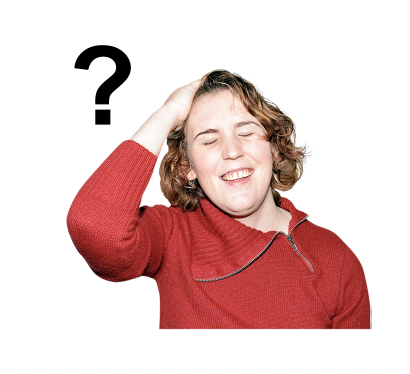
This is confusing for young people trying to get support in education.
Examples of support include:
- Support for Care Experienced Students
- Care Experienced Children and Young People Fund (Scottish Government)
- Early Learning and Childcare Support for young parents with Care Experience

Looked After
Looked after children are in the care of their local council.
Our ‘looked after children’ policy is part of Getting It Right For Every Child (GIRFEC).
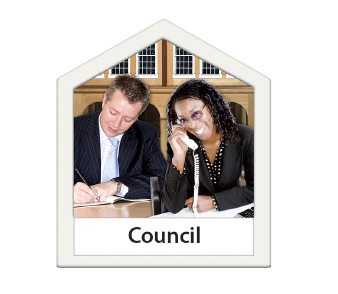
GIRFEC is the way that the Scottish Government promotes and supports the safety and wellbeing of all children and young people.
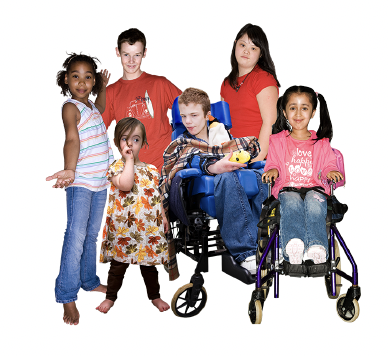
GIRFEC helps children and young people get the right support from the right people at the right time.

This supports every child and young person in Scotland to live their best life.
Corporate parenting
A corporate parent is when the local council looks after a child or young person in care, for example in a children’s home.
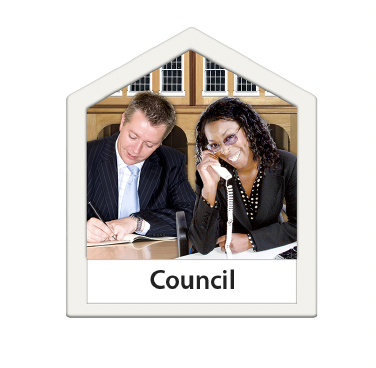
A good corporate parent:
- wants the best for their looked after children
- is responsible for them
- believes that the needs of the child are the most important thing

Care leavers
A care leaver is anyone who has left care on or after their 16th birthday.
After this consultation is finished we will think about how the one definition of ‘care experience’ could link with definitions in law, duties and requirements to support people with experience of care.
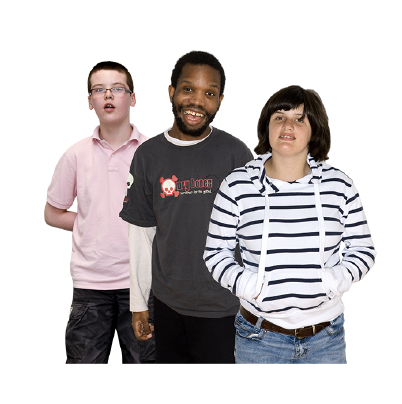
What are the good and bad things about having one definition of ‘care experience’
Good things are:
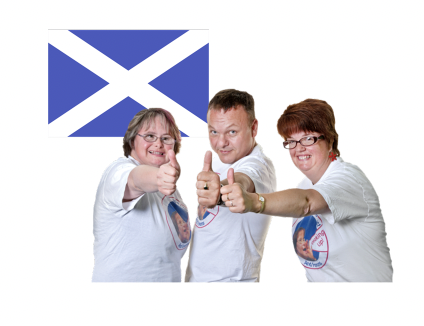
- everyone in Scotland would know what ‘care experience’ means
- it would make the language of care better and make sure it is used in a careful way
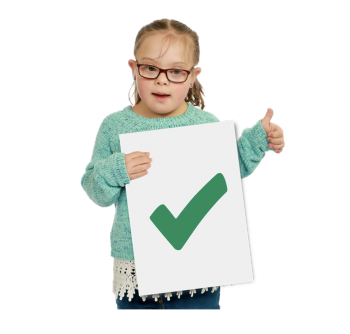
- it would make sure more care experienced people know what their rights are and can get the support they need
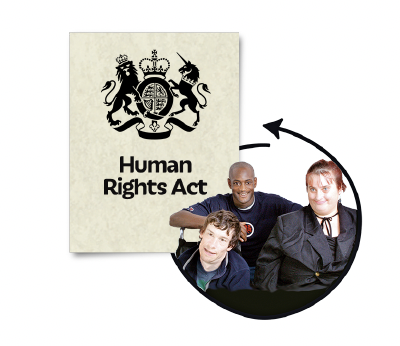
A bad thing could be that it confuses people more.

Questions
Q1. Do you think we need to have one definition to describe ‘care experience’?
I strongly agree
I agree
I do not agree
I strongly do not agree

Please tell us more about your answer here:
Q2. What do you think are the good things about having one definition of ‘care experience’?

Write or type your answer here:
Q3. What do you think are the bad things about having one definition of ‘care experience’?
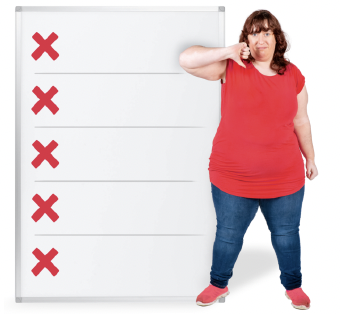
Write or type your answer here:
Q4. Do you have any views on the definition of ‘Care Leaver’ on page 9?

Write or type your answer here:
Q5. Do you have any views on the definition of ‘Looked After’ on page 8?

Write or type your answer here:
Different care settings
Everyone has a different experience of care and there are many settings in which a person can be ‘in care’.

It includes:
- Looked after at home
This is when a child or young person lives in the family home with their parents or carers.

They have a Compulsory Supervision Order (CSO) which is made by a sheriff or children’s hearing.
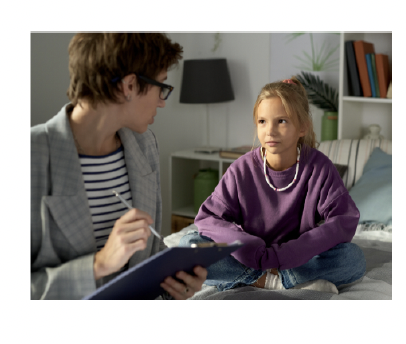
They get regular visits from social workers.
The social workers make a plan with the child or young person and their family to make sure the conditions of their CSO are being met.

- Kinship care
This is when a child lives with a relative or close family friend because their parents are not able to care for them.

- Foster care
When a child cannot be cared for by their birth parents or by kinship carers they can be cared for by an approved foster carer or foster family.
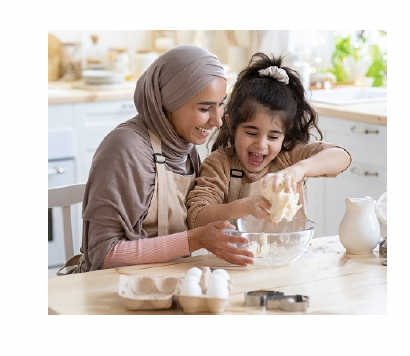
- Secure care
Secure accommodation is a type of residential care.
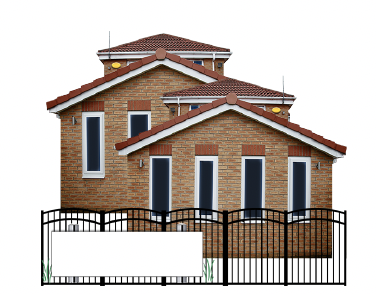
It takes away the freedom of children under the age of 18 because:
- they are a risk to themselves
- they are a risk to other people in the community
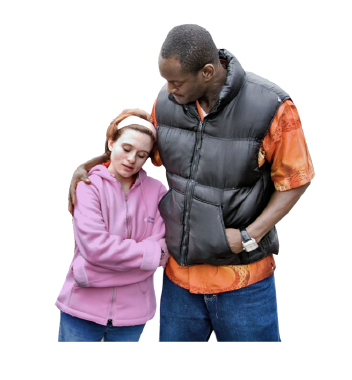
Secure care gives support and safe boundaries to help very vulnerable children to be able to be part of their community again.
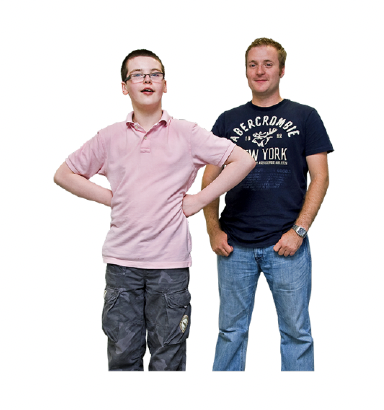
- Residential care
Residential means that people live there.
Residential care homes give children and young people a safe place to live together with other children, away from home.
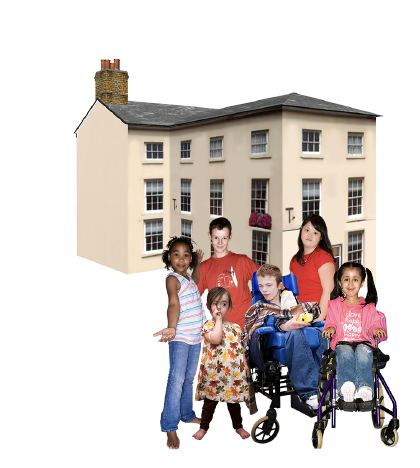
They give care and support and some give education.
Children in a residential care home will have a child’s plan for their care.
The people looking after them must follow the plan and check it to see if it is working well.

- Residential Special School
This is a type of School Care Accommodation Service that gives specialist care and education.
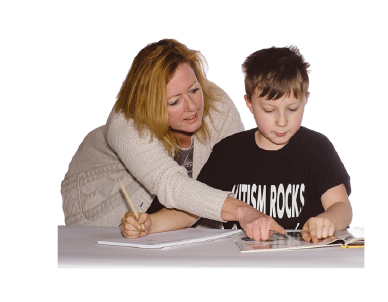
Adoption
Adoption is a legal process that gives a permanent home to children who may have been in care.
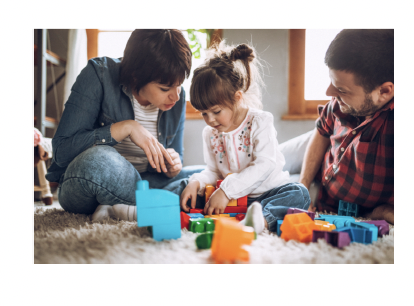
When a child is adopted they are no longer in care, or ‘looked after’.
They are ‘care experienced’.
Unaccompanied Asylum-Seeking Children
These are children and young people under the age of 18 who arrive in Scotland without parents or guardians.
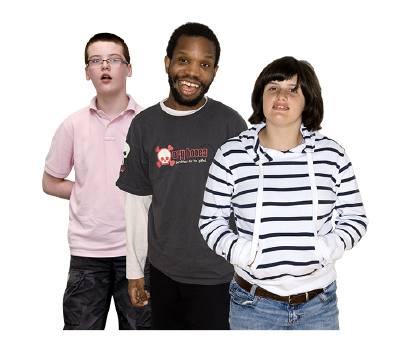
An asylum seeker is a person who has fled their home country because of war or other things harming them or their family.
They come to another country for protection.

Most unaccompanied asylum seeking children arrive in Scotland at the age of 16 or 17.
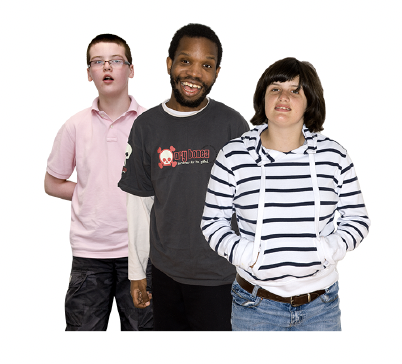
Most of them live in supported accommodation.
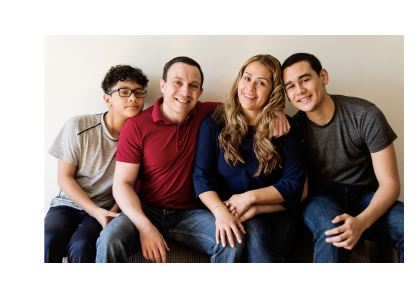
This means:
- they stay with a host family
- or they live with some independence in flats with support staff to help them
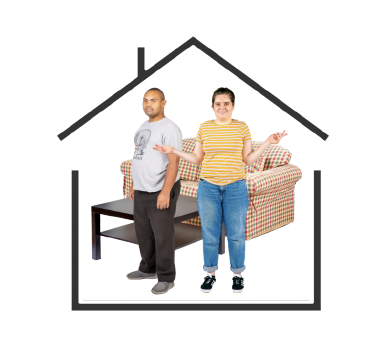
Questions
Q6. What types of care should be covered by a definition of ‘care experience’?

Please choose as many as you like.
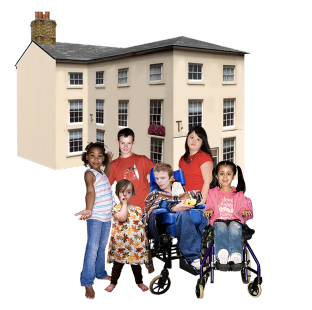
Looked After at Home
Kinship Care – when the child has been placed there by the council
Kinship Care – when the council are not involved and the child is living with family members
Foster Care
Residential Care
Residential Special School
Supported Accommodation
Secure Care
Adoption
Something else – please tell us more:
Please explain your answer here:
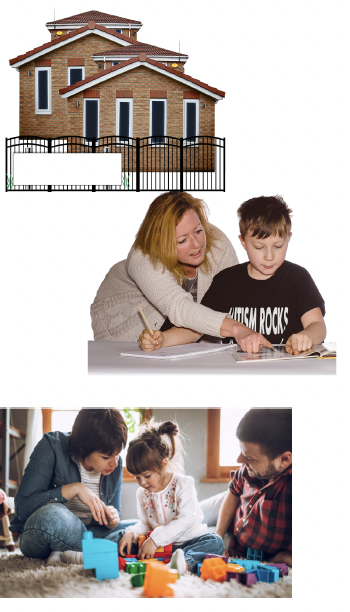
Q7. Is there anything else you want to tell us about having one definition of ‘care experience’?

Write or type your answer here:
Contact
There is a problem
Thanks for your feedback